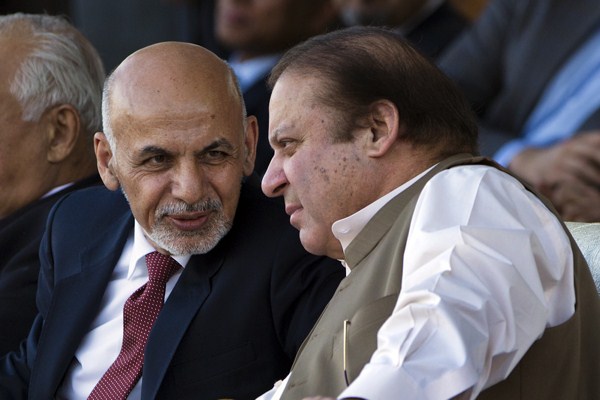Reports over the past three months suggest that Pakistani military leaders and Afghan officials are renewing efforts to open direct talks between the Taliban and Kabul. Though these steps show signs of promise and should be supported by U.S. policymakers, expectations about the talks’ prospects for a swift resolution to the Afghanistan War should be measured, given the history of breakdowns of past efforts and the potential for spoilers on all sides to derail them.
The last bid for peace talks, supported by the U.S. State Department and facilitated by Qatar, was abandoned in 2013 after Afghanistan’s then-President Hamid Karzai objected to being sidelined by his American patrons. This time around, and in a significant departure from previous initiatives, Pakistan’s military services are playing an unusually proactive role, after having generally resisted past American and Afghan pressure to crack down on insurgents sheltering in Pakistani territory.
Since last fall, following a visit to Islamabad by then-newly elected Afghan President Ashraf Ghani, Pakistan’s chief of army staff, Gen. Raheel Sharif, and Lt. Gen. Rizwan Akhtar, director of the powerful Inter-Services Intelligence (ISI), have made multiple visits to Kabul to profess their support for Afghan peace talks. In the most recent meetings last month, Pakistani military officials reportedly told their Afghan counterparts that elements of the Taliban were prepared to engage with the government in the coming weeks.

